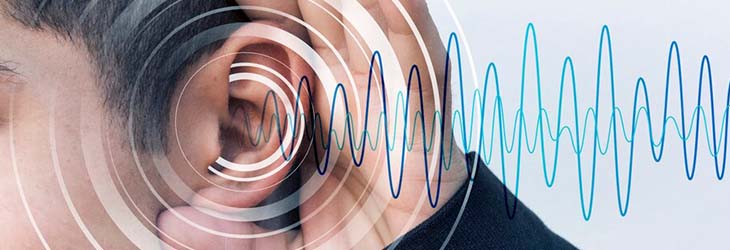Track: Phoniatrics and Ped audiology

Phoniatrics is a medical discipline focused on diagnosing and treating disorders related to voice, speech, language, hearing, and swallowing. It involves the examination and management of organs crucial for speech production, such as the mouth, throat (larynx), vocal cords, and lungs. Conditions addressed in phoniatrics include vocal cord dysfunction, laryngeal cancer, speech disorders, and vocal strain issues. Pediatric audiology is the field dedicated to diagnosing and managing hearing disorders in children.
Phoniatrics focuses on diagnosing and treating voice disorders and speech-related issues, including vocal cord conditions and voice disorders. Pediatric Audiology specializes in assessing and managing hearing loss and auditory disorders in children. Both fields aim to enhance communication abilities and address developmental needs through tailored therapies and interventions.
Phoniatrics focuses on diagnosing and treating voice disorders and speech-related issues, including vocal cord conditions and voice disorders. Pediatric Audiology specializes in assessing and managing hearing loss and auditory disorders in children. Both fields aim to enhance communication abilities and address developmental needs through tailored therapies and interventions.
Voice Disorders: Affect the quality, pitch, and volume of the voice, including conditions like hoarseness, vocal cord nodules, and spasmodic dysphonia. Treatment may involve voice therapy or surgery.
Speech Disorders: Impact the clarity and fluency of speech, including issues like articulation disorders, stuttering, and apraxia of speech. Therapy focuses on improving speech production and fluency.
Language Disorders: Involve difficulties with understanding and using language, affecting communication skills. This includes expressive and receptive language disorders, treated through targeted language therapy.
Swallowing Disorders: Known as dysphagia, these disorders affect the ability to swallow safely and efficiently. Treatment involves exercises and strategies to improve swallowing function and prevent aspiration.
Pediatric Hearing Assessment: Evaluates hearing in children to identify and address hearing loss early. Assessments may include auditory tests and screenings to ensure proper auditory development and intervention if needed.
Scientific Highlights
- Otolaryngology / Otorhinolaryngology
- Audiology and communication Disorders
- Oral, maxillofacial surgery and Dentistry
- Otology and Neurotology
- Head, Neck and Oral Oncology
- Laryngology and Larynx Disorders
- Speech Language Pathology
- Obstructive Sleep Apnea (OSA)
- Facial and ENT Plastic Surgery
- Endoscopic ENT Surgery and Laparoscopic
- Craniofacial Surgery
- Pediatric Otorhinolaryngology and ENT
- ENT Rehabilitation
- Allergy and Immunology
- Phoniatrics and Ped audiology
- Rhinitis and Sinusitis
- Oral Oncology
- New Trends in ENT
- Surgery for Nasal Disorders
- COVID 19 and ENT
- Physiological Disorders of Ear, Nose and Throat
- ENT Implants and its Application
- Ear Surgery and Myringotomy


